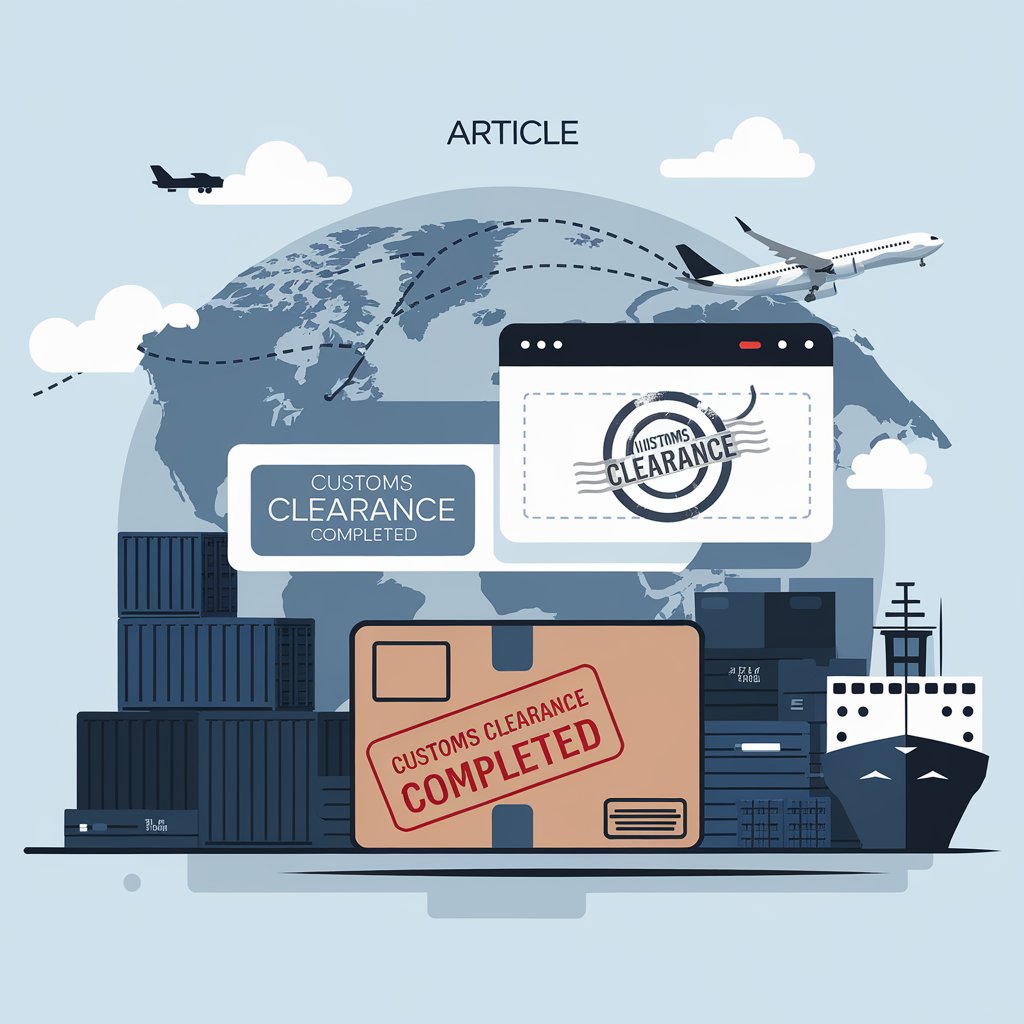Container Tracking Software: Revolutionizing Supply Chain Visibility

What is Container Tracking Software?
Container tracking software is a specialized technology solution designed to monitor and manage the movement of shipping containers from origin to destination. It provides real-time updates on container locations, status, and estimated arrival times, enabling businesses to optimize their supply chain operations.
Key Features of Container Tracking Software
- Real-Time Tracking
- GPS-enabled location updates
- Status notifications (e.g., in transit, customs clearance, delivered)
- Multi-Modal Tracking
- Visibility across ocean, rail, and road transportation
- Document Management
- Digital storage and retrieval of shipping documents
- Automated customs documentation
- Analytics and Reporting
- Performance metrics and KPIs
- Custom report generation
- Integration Capabilities
- Seamless connection with existing ERP and WMS systems
- API support for data exchange
- Mobile Accessibility
- Smartphone apps for on-the-go tracking
- Push notifications for critical updates
Benefits of Implementing Container Tracking Software
- Enhanced Supply Chain Visibility
- Real-time insights into container locations and status
- Proactive management of potential delays or issues
- Improved Customer Service
- Accurate ETAs for better planning and communication
- Quick response to customer inquiries about shipment status
- Cost Reduction
- Optimization of container usage and turnaround times
- Reduction in demurrage and detention fees
- Increased Efficiency
- Streamlined operations through automation
- Reduced manual tracking and data entry
- Better Inventory Management
- Accurate forecasting of inventory arrivals
- Optimized stock levels and reduced carrying costs
- Risk Mitigation
- Early detection of potential delays or disruptions
- Improved security through constant monitoring
Types of Container Tracking Solutions
- Cloud-Based Systems
- Accessible from anywhere with an internet connection
- Scalable and easily updated
- On-Premises Software
- Greater control over data and security
- Customizable to specific business needs
- Hybrid Solutions
- Combining the benefits of cloud and on-premises systems
Choosing the Right Container Tracking Software
When selecting a container tracking solution, consider the following factors:
- Ease of Use
- Intuitive interface for quick adoption by staff
- Comprehensive training and support
- Integration Capabilities
- Compatibility with existing systems
- API availability for custom integrations
- Scalability
- Ability to handle growing shipment volumes
- Support for multiple users and departments
- Data Security
- Robust encryption and access controls
- Compliance with industry standards and regulations
- Customization Options
- Flexibility to adapt to unique business processes
- Ability to create custom reports and alerts
- Cost
- Initial implementation costs
- Ongoing subscription or licensing fees
The Future of Container Tracking Software
As technology continues to evolve, container tracking software is poised for further advancements:
- Internet of Things (IoT) Integration
- Smart containers with built-in sensors for real-time condition monitoring
- Automated alerts for temperature, humidity, or shock events
- Artificial Intelligence and Machine Learning
- Predictive analytics for optimized routing and risk assessment
- Automated decision-making for exception management
- Blockchain Technology
- Enhanced security and transparency in tracking data
- Streamlined documentation and customs processes
- Augmented Reality
- Visual representations of container locations in ports and yards
- Improved efficiency in container handling and inspections
Case Study: Implementing Container Tracking Software
Company X, a mid-sized importer of consumer goods, implemented a cloud-based container tracking solution. Within six months, they reported:
- 30% reduction in customer service inquiries about shipment status
- 25% decrease in demurrage and detention fees
- 15% improvement in inventory turnover
- 20% increase in on-time deliveries to customers
These results highlight the tangible benefits of investing in robust container tracking software.
Conclusion
Container tracking software has become an indispensable tool for businesses engaged in global trade. By providing real-time visibility, enhancing efficiency, and improving decision-making, these solutions offer a significant competitive advantage in the fast-paced world of international logistics.
As you consider implementing or upgrading your container tracking capabilities, remember that the right solution can transform your supply chain operations, leading to improved customer satisfaction, reduced costs, and increased profitability.
Invest in container tracking software today, and take the first step towards a more transparent, efficient, and responsive supply chain.
